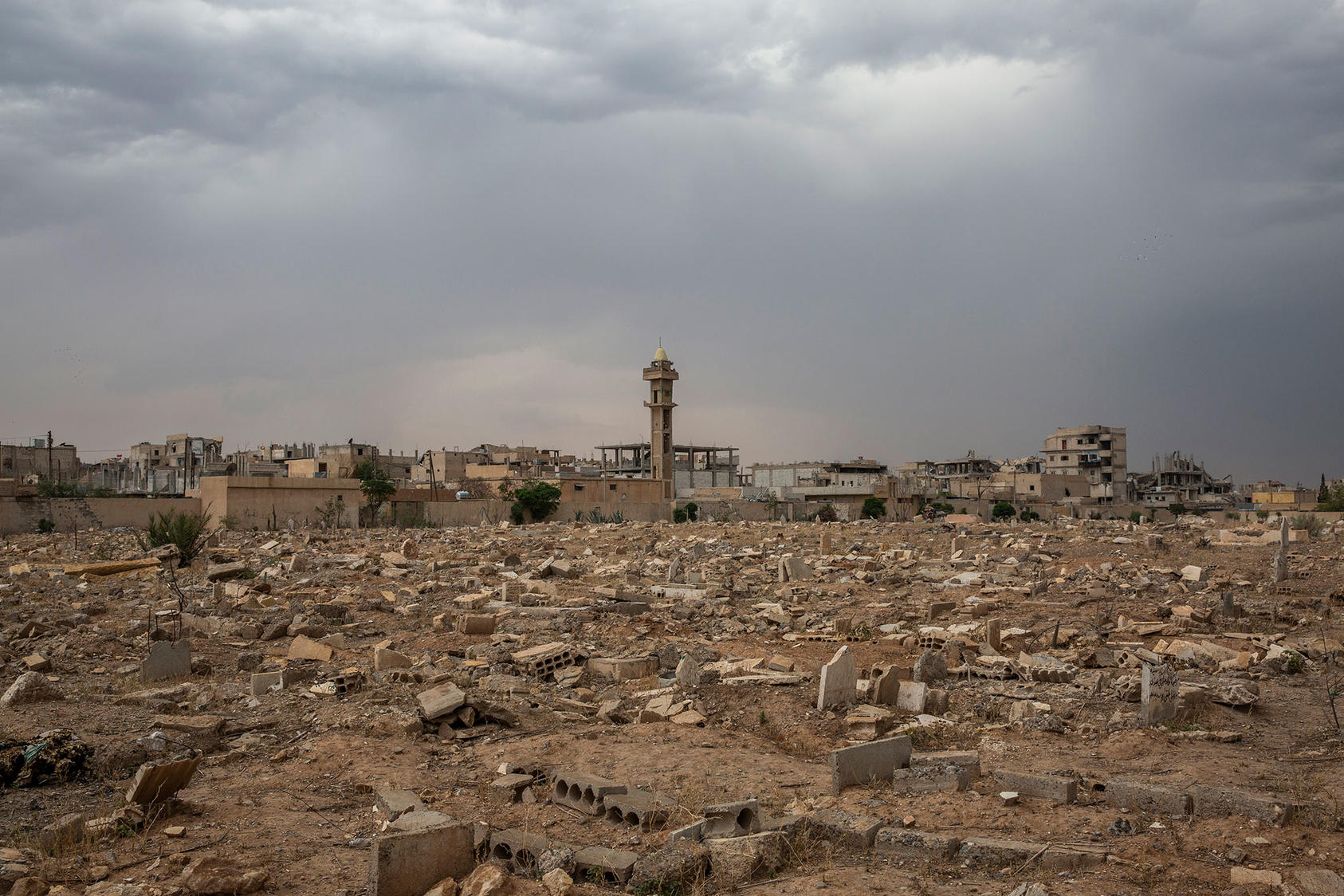The U.S. State Department Bureau of Counterterrorism recently released its annual report on terrorism. The report concludes that despite the success of efforts to dismantle ISIS, “the terrorist landscape grew more complex.” Extremist groups such as ISIS, al-Qaida, and their affiliates are proving resilient and adjusting to heightened counterterrorism pressure with new attempts to destabilize, seize, and govern territory in fragile states. This shift in extremist strategy underscores the need for the kind of “preventive” approach outlined in the interim findings of the Task Force on Extremism in Fragile States.

The State Department’s report finds that even as ISIS lost nearly all the territory it once held in Iraq and Syria, it regrouped, spreading decentralized networks of foreign fighters to fuel insurgencies in other fragile states like Libya and in Egypt’s Sinai Peninsula.
Al-Qaida has capitalized from the ISIS’ fall, “quietly” expanding its membership and operations. It continues to fight for territory and conduct attacks through local affiliates such as the al-Nusrah Front in Syria, al-Shabaab in Somalia, and al-Qaida in the Islamic Maghreb and the Arabian Peninsula. The group has expanded its operations on the border regions of Burkina Faso, Mali and Niger, and has made a renewed push after being set back in Somalia, much of which is under its control.
Despite the tactical defeat of major jihadist insurgencies, extremism has continued to spread. Extremists have established a presence in more countries now than ever before, and since 9/11, the number of individuals killed in terrorist attacks worldwide increased fivefold to over 10,000 in 2017.
A Sustainable Approach to Addressing the Root Causes of Terrorism
Significant resources invested in defeating extremist insurgencies must be paired with strategies that focus on understanding and changing the conditions that give rise to extremism in the first place. At its core, violent extremism is a deeply human problem, which we often forget in the viciousness and violent actions of extremist groups. But treating only the symptoms of extremism allows agile networks of extremists to continue to adjust, move and fester in new regions vulnerable to their ideologies.
At its core, violent extremism is a deeply human problem, which we often forget in the viciousness and violent actions of extremist groups.
The Task Force’s interim report suggests the outlines for such a preventive strategy. Future U.S. policies should concentrate on improving access to justice and fostering political and economic inclusion as a means of reducing the appeal of extremist ideologies and containing the spread of extremist movements. Too often extremists offer their recruits a sense of belonging and purpose, as well as services not available from the state. To pursue this preventive strategy, the United States will need to focus on building resilience in fragile states by partnering with local actors, leveraging international and private sector resources, and overcoming deficits in political will, internal unity of effort, and international leadership.
As extremist groups have adapted their strategy to focus on fragile states, so too must the United States. In the coming months, the Task Force will release its final report on what it believes the United States and its partners will need to do to prevent the growth of extremism in fragile states. Stay tuned.

